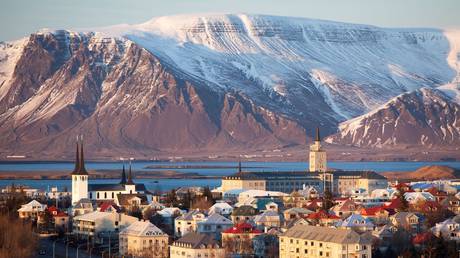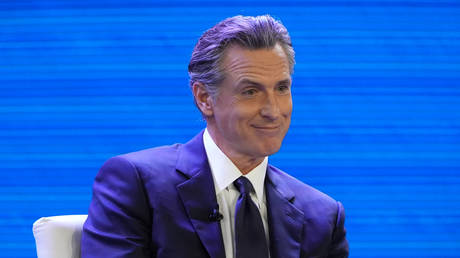
Safety must be ensured following a number of high-profile attacks, according to event organizers
Rising security costs could force the closure of Germany’s traditional Christmas markets, a major tourist draw and once a steady source of income for local communities, an association representing event organizers has warned.
Security expenses are up an average of 44% over the past three years, according to the Federal Association of City and Town Marketing (BCSD), following a number of high-profile attacks in recent years.
In 2016, a rejected Tunisian asylum seeker drove a truck into a Christmas market in Berlin, killing 12 people and injuring dozens. Last year a 50-year-old Saudi psychiatrist rammed his car into a crowd at a Christmas market in Magdeburg, killing five and injuring more than 200.
Organizers now must ring venues with concrete barriers, set up entrance checkpoints, install video surveillance and hire additional security staff, Reuters reported. In a recent BCSD survey of 258 market organizers, respondents identified higher security costs as their biggest challenge. The poll results suggested that more than 75% of markets require subsidies and only 1.6% turn a profit.
“We need reliable, nationwide regulations that apply to all levels of government, otherwise, we will soon find no one willing to take on the ever-increasing responsibility for events and manage their financing,” the BCSD head, Gerold Leppa, said. “It cannot be that higher levels of government hold back and offload the responsibility and financial burden onto local law enforcement and … volunteer organizers.”
Federal officials have acknowledged the issue but offered no solution. Christmas markets face “particular risks” because they are freely accessible, an Interior Ministry spokesperson told Handelsblatt last week, adding that their security remains “the responsibility of the states,” not the federal government.
Chancellor Friedrich Merz has also told Bild that “we can no longer hold Christmas markets even in smaller towns without a comprehensive security concept,” but maintained that responsibility lies with regional police forces and that his government “cannot provide direct support.”




